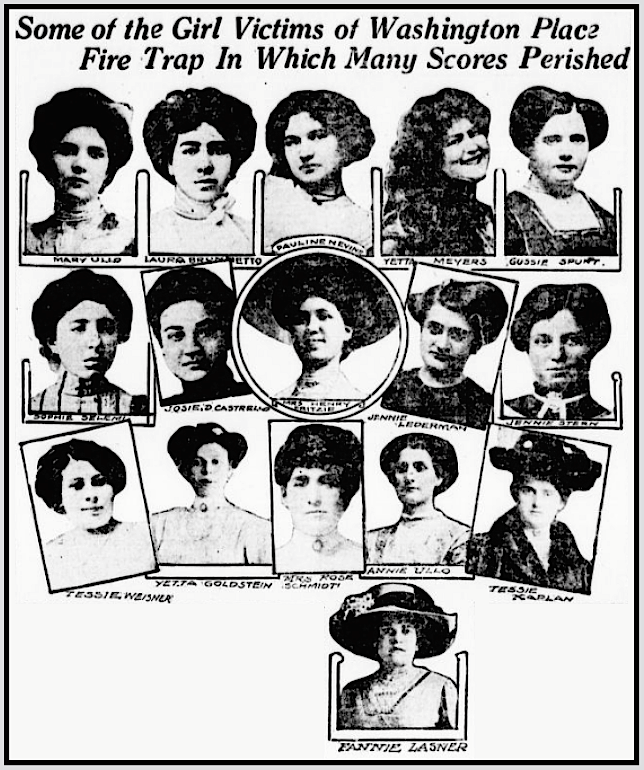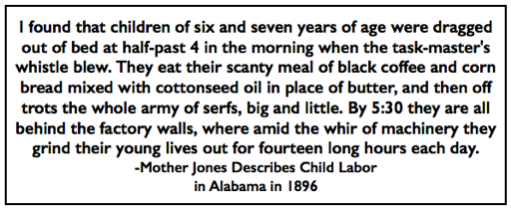 ———-
———-
Hellraisers Journal – Wednesday April 10, 1901
Mother Jones News Round-Up for March 1901, Part I
Found Writing for The Review and Marching with Striking Silk Workers
From the International Socialist Review of March 1901:
Civilization in Southern Mills
———-
The miners and railroad boys of Birmingham, Ala., entertained me one evening some months ago with a graphic description of the conditions among the slaves of the Southern cotton mills. While I imagined that these must be something of a modern Siberia, I concluded that the boys were overdrawing the picture and made up my mind to see for myself the conditions described. Accordingly I got a job and mingled with the workers in the mill and in their homes. I found that children of six and seven years of age were dragged out of bed at half-past 4 in the morning when the task-master’s whistle blew. They eat their scanty meal of black coffee and corn bread mixed with cottonseed oil in place of butter, and then off trots the whole army of serfs, big and little. By 5:30 they are all behind the factory walls, where amid the whir of machinery they grind their young lives out for fourteen long hours each day. As one looks on this brood of helpless human souls one could almost hear their voices cry out, “Be still a moment, O you iron wheels or capitalistic greed, and let us hear each other’s voices, and let us feel for a moment that this is not all of life.”
We stopped at 12 for a scanty lunch and a half-hour’s rest. At 12:30 we were at it again with never a stop until 7. Then a dreary march home, where we swallowed our scanty supper, talked for a few minutes of our misery and then dropped down upon a pallet of straw, to lie until the whistle should once more awaken us, summoning babes and all alike to another round of toil and misery.
I have seen mothers take their babes and slap cold water in their face to wake the poor little things. I have watched them all day long tending the dangerous machinery. I have seen their helpless limbs torn off, and then when they were disabled and of no more use to their master, thrown out to die. I must give the company credit for having hired a Sunday school teacher to tell the little things that “Jesus put it into the heart of Mr. – to build that factory so they would have work with which to earn a little money to enable them to put a nickel in the box for the poor little heathen Chinese babies.”

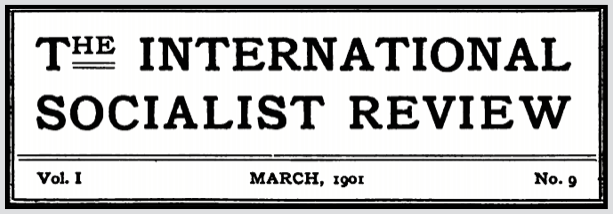

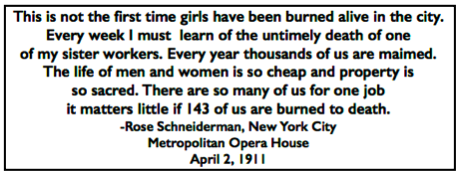 —————
—————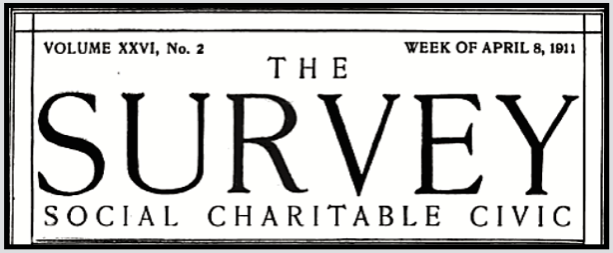
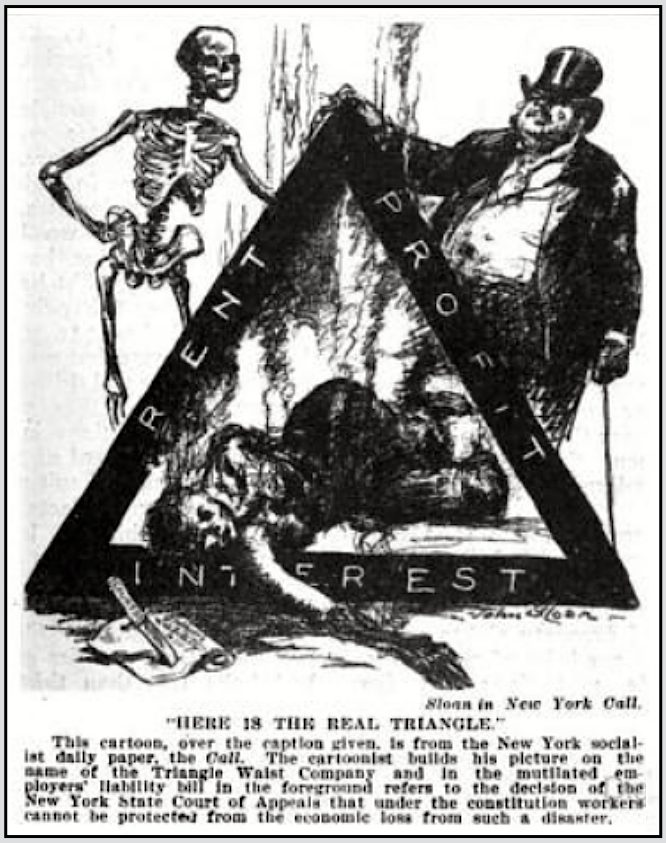
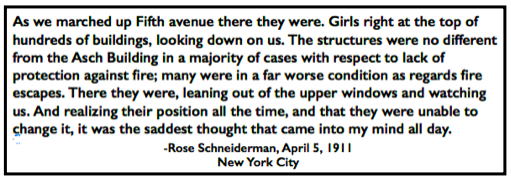 ———-
———-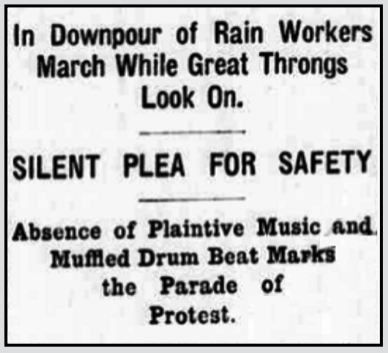
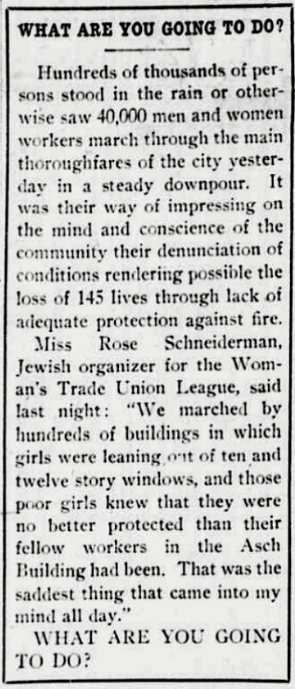
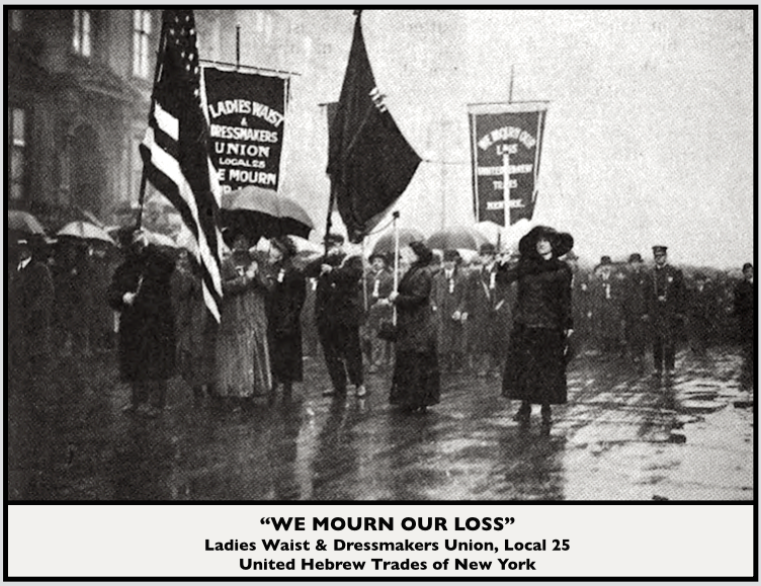
 —————-
—————-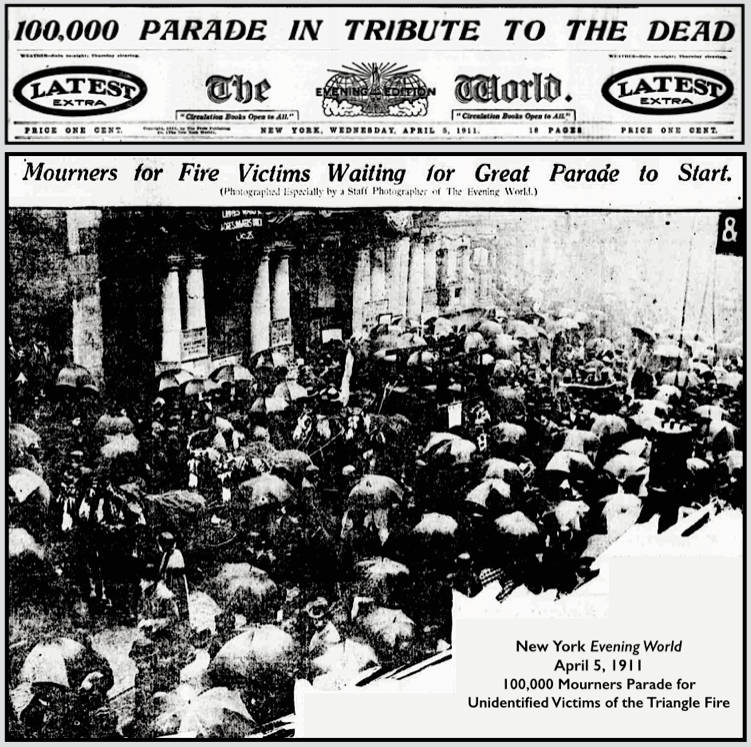
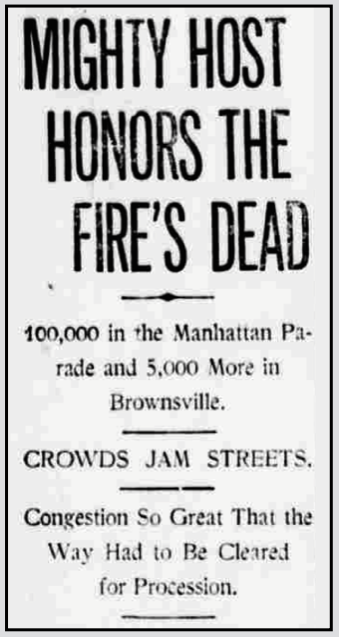
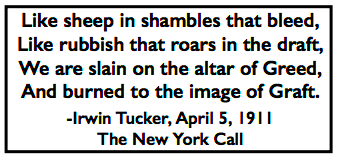 —————
—————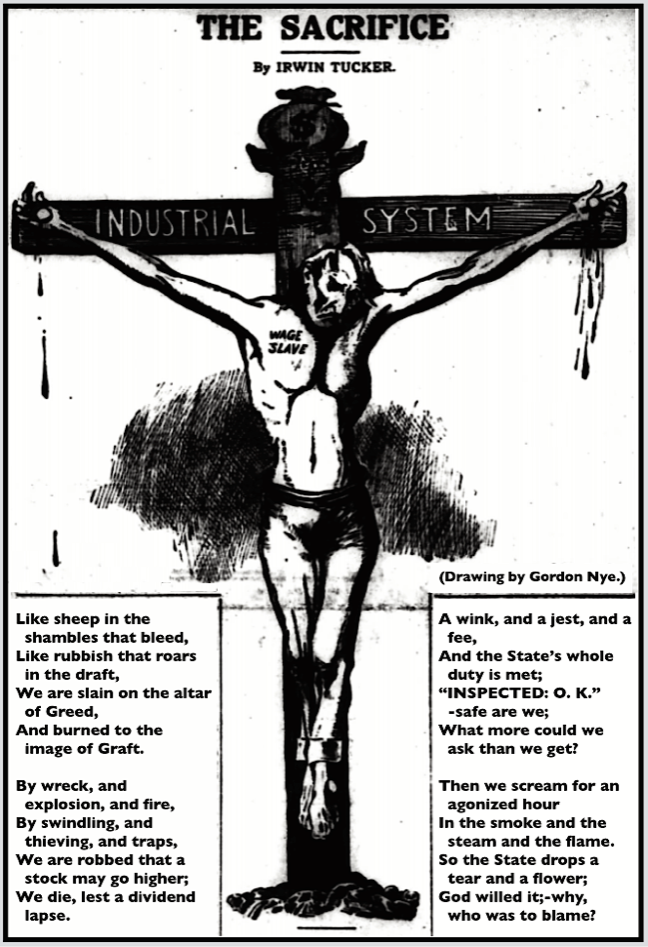
 —————
—————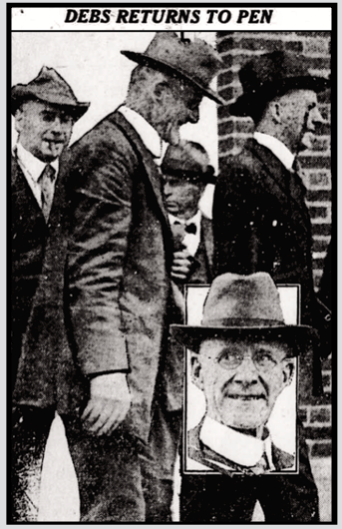
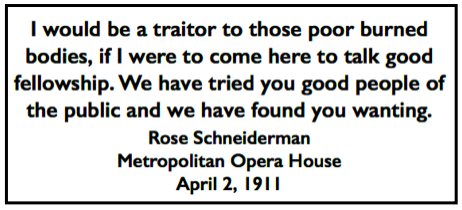 ———-
———-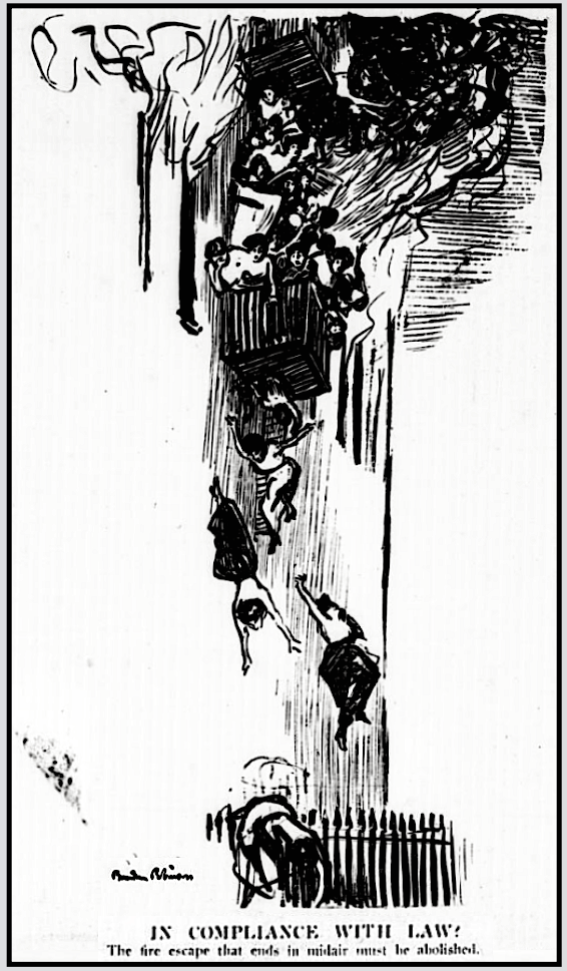
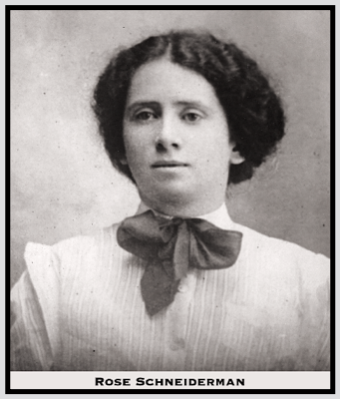
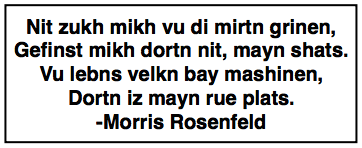 —————
—————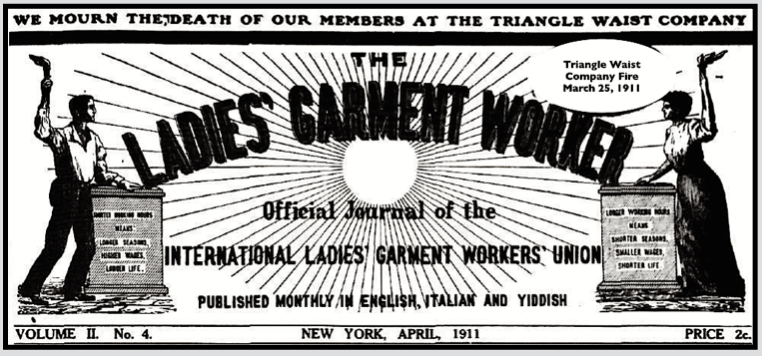
 —————
—————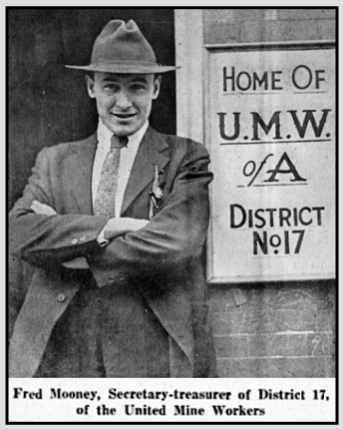
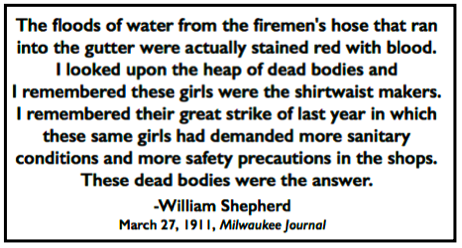 —————
—————